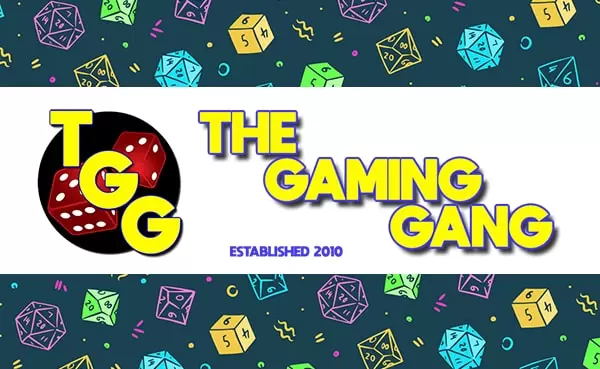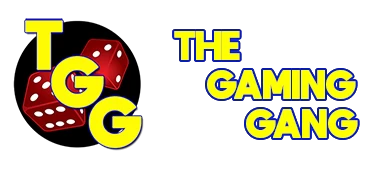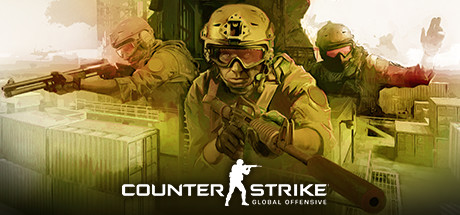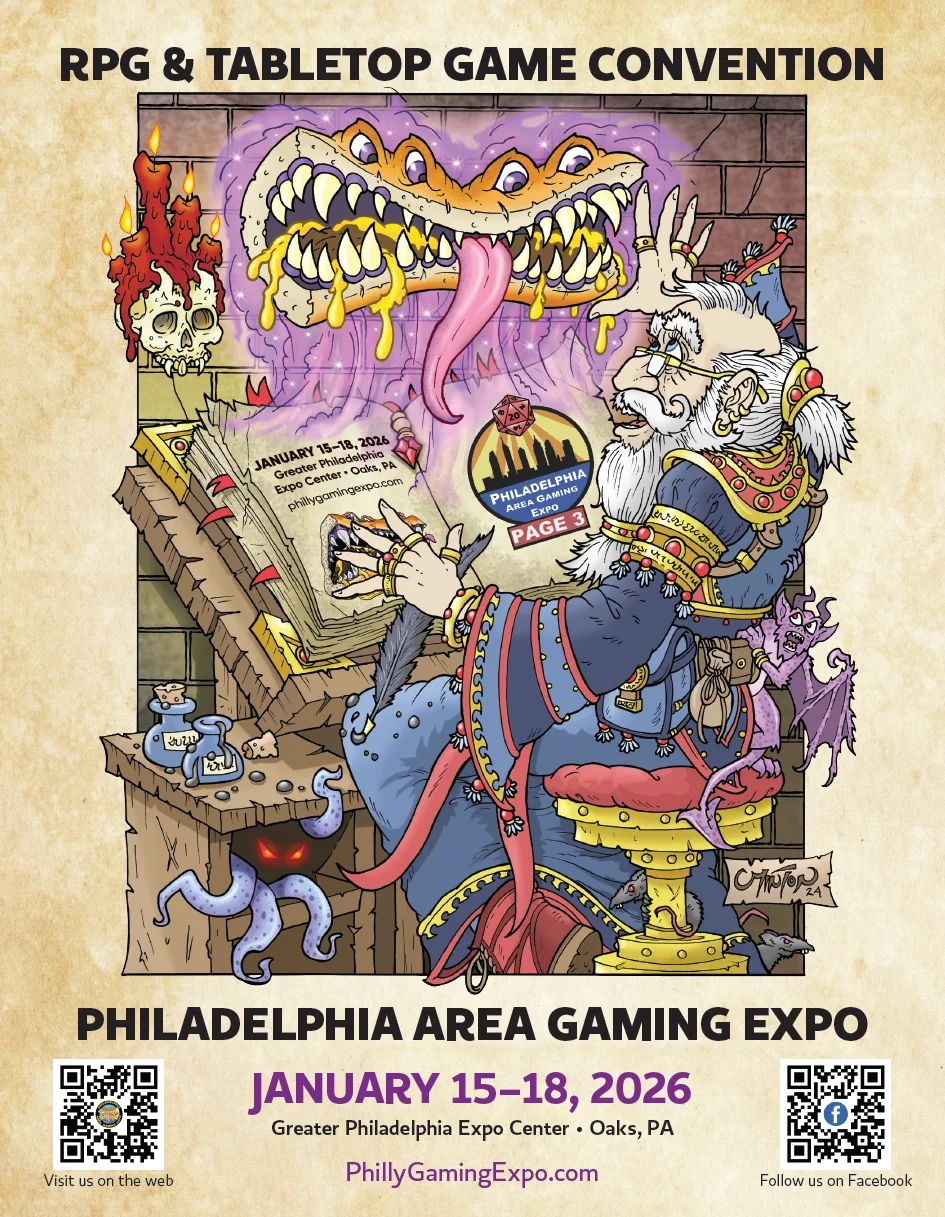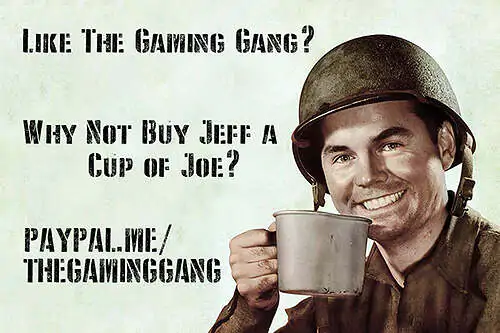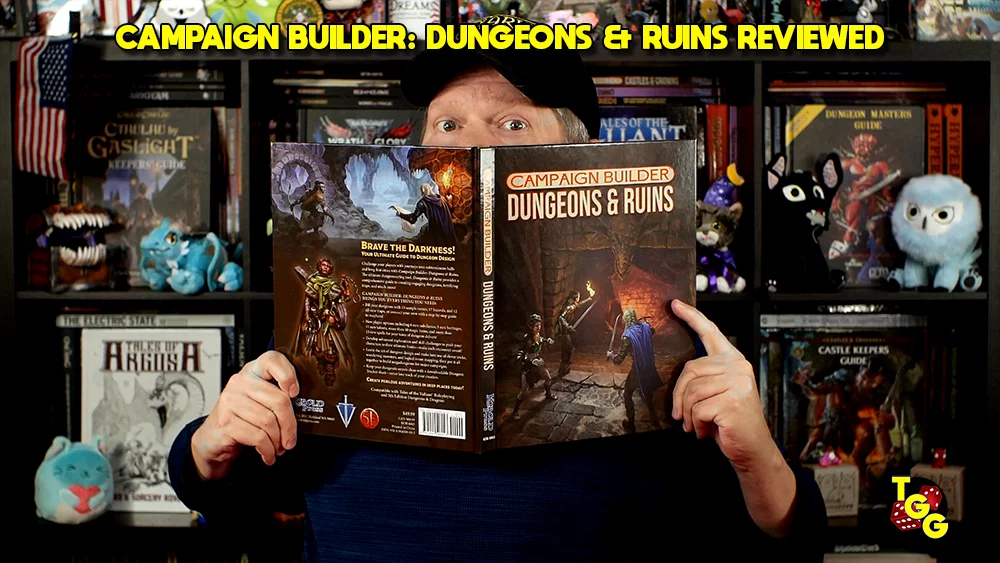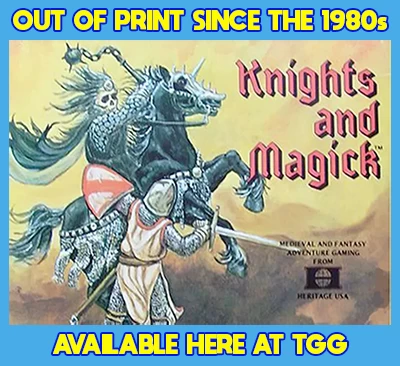When the first Counter-Strike was released in the year 2000, it fundamentally changed the rules for first-person shooting games forever. Unlike the atypical war games of the time, Counter-Strike boasted a gritty realism which really set it apart from its contemporaries.
The designers made the innovative decision to make the pace of the game much slower than any other games on the market then, or before it. This made each instance of combat in the game drip with tension. Another aspect which distinguished it from other games at that time was the strong focus on teamwork. Players quickly become skilled at working alongside each other, and loved the game’s pace.
The original Counter Strike came with a few maps, and some standardized weapons, like grenades and knives. As technology advanced, they introduced new weapons and more advanced storylines. Really, the original Counter Strike set the blueprint for other first-person war games to follow, and other games adopted its style and its technology. The once innovation, became the norm.
Valve, the company behind Counter Strike, decided they needed to put a bit of pizzazz back into the franchise, and so in 2013, released Counter Strike: Global Offensive.
A New Gaming Industry
CS:GO included an update that involved skins for items like their karambit knives. Some of the skins became much more valuable than others, with some of the rarer skins valued at the eye-watering value of $50,000 – bizarrely, physical replica knives for CS:GO at karambit-knife.com are much cheaper.
Valve’s developers left the backdoor open for bots to allow users to take knives and other skins off the game, and trade them on ebay like marketplaces. Then out of CS:GO, a new type of gambling industry developed.
Users were taking their valuable skins, and using them to bet on the outcome of CS:GO matches. People quickly caught on that the market value of skins people were betting on was insane; there was a lot of money to be made in CS:GO gambling.
A Gambling Scandal That Rocked the World of Games
It was in June 2016 that a lawsuit from an individual named Michael John McLeod was filed against Valve. He claimed that Valve were profiting off the free market in trading and gambling which sprung up around the game.
For players on CS:GO, Valve made sure it was a walk in the park to connect an individual inventory to a range of third-party websites and services. The problem with this was multifaceted. A lot of children were avid players of CS:GO, and there’s at least one confirmation of a child developing a gambling addiction due to CS:GO skins gambling. So, one issue is that the company that owns the game essentially enabled minors to gamble.
The other issue is that gambling on Counter Strike games and skins is in very questionable legal territory. In most states, betting on sports is prohibited altogether, and online it’s prohibited in every state – it’s illegal across the whole country.
If this wasn’t a bigger scandal in and of itself, another scandal emerged around it. Two of the world’s most popular YouTube gamers, Tom Cassel and Trevor Martin, had been promoting a skin gambling site on their YouTubes without admitting a sponsorship, and showed themselves winning skins of $13,000 or so dollars. It turned out they owned CS:GO Lotto, and had been using their platform to encourage their fans – so many of them minors – to gamble for skins on the site.
Gambling on skins is now completely prohibited in the United Kingdom, and Washington is pushing to have all websites closed in America. Martin has tried to weasel out of the charges against CS:GO Lotto, by stating there was a way to play for free in the small print, meaning it’s not technically gambling. That’s true – but it’s hard to believe it wasn’t purposefully unpublicized.
CS:GO: Not Going Anywhere
Despite all this, Counter Strike is still played and loved world over. Valve have weathered the storm with their reputation and profits intact. Bloomberg estimates the gambling around the game is an industry around worth $2.3 billion; the free market around CS:GO seems to only increase the total number of players.
There’s no detraction from the excitement surrounding their next tournament in Boston. The game goes on, and so does the gambling…
- POE 2 Warrior Guide: Skills, Weapons, and Best Strategies - Jan 15, 2025
- What Are Social Casinos? - Feb 22, 2024
- From Slots to Screens: Navigating the Diversity of Online Casino Entertainment - Feb 14, 2024
